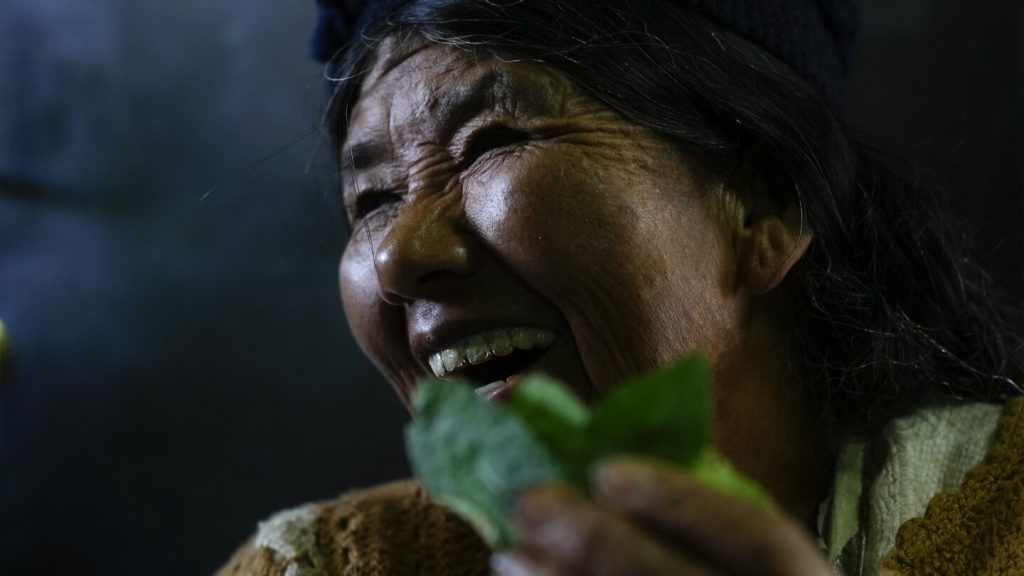Bolivia is making strides in its efforts to destigmatize the coca leaf, known internationally as the main ingredient in cocaine, by producing a variety of coca-based products, including coca-infused beer. The World Health Organization’s decision to study the non-narcotic benefits of coca has given hope to Bolivian farmers and producers who have long desired to export their products. Despite the leaf’s association with cocaine, within Bolivia, the coca leaf holds spiritual and cultural significance, playing a role in Indigenous rituals and ceremonies for generations.
The El Viejo Roble distillery in La Paz, Bolivia, is at the forefront of the country’s coca-infused product market, producing coca-flavored vodka, rum, and now, beer. While these products have gained popularity within Bolivia and Peru where coca leaf is legal for non-cocaine uses, Bolivia is seeking to expand its global market for coca products. The government is pushing to destigmatize the plant, making it legal to export and create a global market for coca-based goods beyond artisanal fairs. The WHO’s scientific review of the coca leaf is a significant step towards decriminalizing the leaf on a global scale.
Coca growers, known as “cocaleros,” are hopeful that the WHO’s study will pave the way for increased export revenues as Bolivia faces economic challenges. The coca leaf is a longstanding part of Bolivian culture, sustaining thousands of cocaleros and generating millions of dollars annually. While Western countries, including the United States, have historically opposed Bolivia’s efforts to decriminalize the leaf, Bolivian authorities argue that eradication schemes have failed to address the root causes of drug issues. President Luis Arce has urged nations to correct the historical error of stigmatizing the coca plant.
Former President Evo Morales played a key role in advancing Bolivia’s state-regulated coca market and lobbying the U.N. to lift its ban on traditional uses of coca leaves. Morales’ push for a WHO study was interrupted by political turmoil in 2019, leading to his resignation and exile after 14 years in power. Despite challenges and opposition from Western countries, Bolivia continues its efforts to promote the non-narcotic benefits of the coca leaf and create a legal global market for coca-based products. The WHO’s scientific review represents a significant step towards achieving this goal.
As Bolivia works to destigmatize the coca leaf and promote its non-narcotic benefits, cocaleros are hopeful that global decriminalization will bring economic opportunities and stability to their communities. The coca leaf has long been a source of livelihood and cultural significance for Bolivians, sustaining generations of farmers and Indigenous communities. With the WHO’s study underway, Bolivia is positioning itself to be a leader in the global market for coca-based goods, challenging stereotypes and showcasing the diverse uses and benefits of the plant. Despite historical challenges and opposition, Bolivia remains committed to changing perceptions of the coca leaf and creating new opportunities for its farmers and producers.


